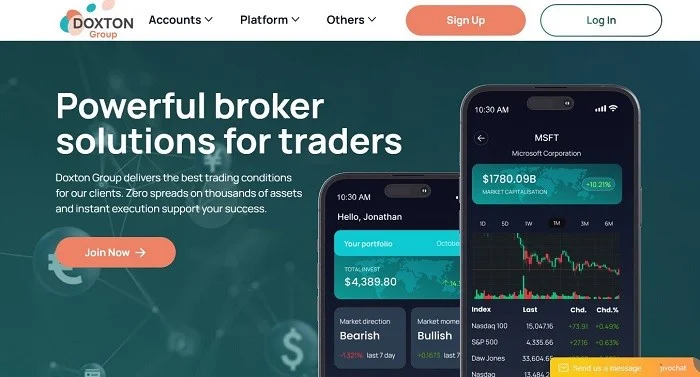First off, a question one encounters once a trader is willing to jump into the financial markets is between stock or forex trades. Every market possesses different opportunities and difficulties; generally, it depends on a trader’s trading style, objectives, and risk tolerance. Let’s go deep in here for some deep comparisons to guide you:
Forex trading is a currency exchange process in the world’s largest financial market. Trillions of dollars are traded daily upon global events and monetary factors. It is referred to as stock trading when buying and selling shares in companies that are listed publicly. Again, it depends upon the overall condition of finance, industry trends, and company performance.
Liquidity
It determines how you can easily enter or leave a trade without causing significant effects to the market price. Forex markets are perfectly liquid since they have more potential daily trades in a day, which minimizes slippage and tighter spreads.
For stocks, liquidity changes with market capitalization and demand. High-profile stocks such as those in the S&P 500 index have high liquidity, whereas low-profile small, lesser-known stocks may experience lower activity.
Doxton Group’s advanced trading tools and analytics help traders capitalize on liquidity dynamics to ensure that their trades are efficient in the markets.
Best Trading Hours of Doxton Group
The first benefit that makes Forex appealing is the 24/5 operation. That means Forex trades during various time zones: in Sydney, then in Tokyo, and further east into London, then New York. It leaves open an appeal to those whose other full-time obligations have to be balanced around a Forex schedule.
The hours for trading differ among the stock markets. New York Stock Exchange opens from 9:30 AM to 4:00 PM EST, so pre- and post-market hours are constrained accordingly.
The Doxton Group bridges that time gap providing real-time information and resources into how to time and manage them efficiently in either markets.
Volatility
Forex markets are typically more volatile because currency prices can change rapidly depending on economic data, central bank policies, and geopolitical events. This high volatility creates profit opportunities but also increases risk.
Individual equities are less volatile, though there can be quick moves in price with earnings reports, market news, and industry shifts. The stability-seeking trader may prefer the larger blue chip stocks; aggressive traders may seek the smaller, higher-growth companies.
Through Doxton Group’s risk management tools, traders can effectively navigate volatility, regardless of the market they choose.
Which Market Suits You?
Choose Forex if:
- You prefer a market with continuous trading hours.
- You’re comfortable with high volatility and fast-moving trends.
- You’re interested in trading with smaller initial capital due to leverage options.
Choose Stock Trading if:
- You’re looking for long-term investments or stability in well-established companies.
- You appreciate analyzing company fundamentals and growth trajectories.
- You prefer a more stable market condition.
The task of success in Forex versus stocks or both is the same: one needs to have a good understanding of the market fundamentals and be able to find proper sources. Doxton Group gives what its traders need to become professional – an advanced trading platform, deep study of analyses, and excellent technical support.
Ready to take your trading journey to the next level? Join Doxton Group and unlock your financial potential today!







